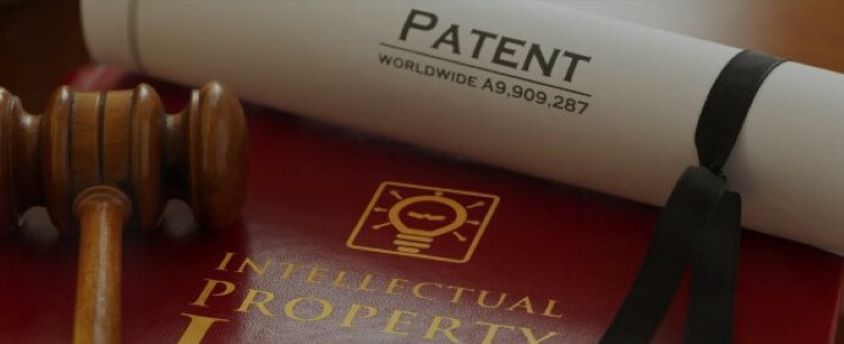Category: WTO, International Economics
Evergreening of Patent
28, Mar 2023

Why in News?
- Recently, the Indian Patent Office rejected U.S. pharmaceutical giant Johnson & Johnson’s (J&J) attempt for Evergreening of Patent on manufacturing of the anti-tuberculosis drug Bedaquiline in India beyond July 2023.
Why was the Patent Application Rejected?
- J&J’s patent application was for a fumarate salt of a compound to produce bedaquiline tablets.
- It was argued that J&J’s method to produce a “solid pharmaceutical composition” of bedaquiline doesn’t require an “inventive step”.
- According to the Indian Patent Act 1970 Section 2(1) (ja), an ‘inventive step’ is an invention that is “not obvious to a person skilled in the art”.
- The current application drew significantly from a previous patent, which discussed a similar compound on which bedaquiline is based.
- The Patents Act, 1970 has imposed certain ‘restrictions’ on patentability.
- A patent cannot be granted on ‘mere use of a known process, machine or apparatus unless such known process results in a new product or employs at least one new reactant’.
- Section 3(d) of the Act does not allow ‘evergreening’ of patents to prevent innovator pharma companies from extending the patent beyond the stipulated period of 20 years, to ensure that the monopoly does not extend forever.
- As of now it is still a patented product and there are no generic versions. However, after the expiry of the Bedaquiline patent, the drug makers can make the generic versions per the law.
What is Multi Drug Resistant TB (MDR-TB)?
- MDR-TB is a type of tuberculosis infection caused by bacteria that are resistant to at least two of the most effective first-line drugs for TB treatment, isoniazid and rifampicin.
- MDR-TB is caused by Mycobacterium tuberculosis, the same bacterium that causes regular TB, but is much more difficult to treat.MDR-TB develops when the bacteria that cause TB mutate and become resistant to the standard drugs used to treat the disease.
- This can occur when patients with regular TB fail to complete their full course of treatment, leading to incomplete eradication of the bacteria and providing the opportunity for the bacteria to develop resistance to the drugs used.
Evergreening of Patent:
- It is a corporate, legal, business, and technological strategy for extending/elongating the term of a granted patent in a jurisdiction that is about to expire, in order to retain royalties from them, by taking out new patents.
- Section 3(d) of the Indian Patent Act 1970 (amended in 2005) does not allow patents to be granted to inventions involving new forms of a known substance unless it differs significantly in properties with regard to efficacy.
- This means that the Indian Patent Act does not allow the evergreening of patents.
What is Compulsory Licencing (CL)?
- CL is the grant of permission by the government to entities to use, manufacture, import or sell a patented invention without the patent owner’s consent. Patents Act in India deals with CL.
- CL is permitted under the WTO’s TRIPS (IPR) Agreement provided conditions such as ‘national emergencies, other circumstances of extreme urgency and anti-competitive practices’ are fulfilled.






